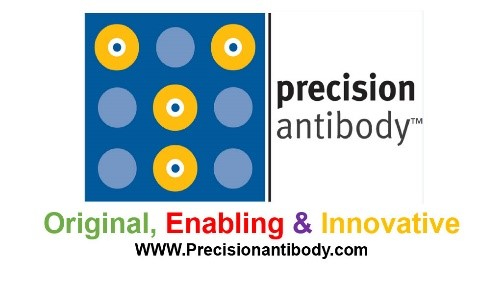
Internalization assays play a vital role in antibody research and development by allowing scientists to investigate the uptake and intracellular trafficking of antibodies. These assays provide valuable insights into the mechanisms and therapeutic potential of antibodies, contributing to the development of precise antibody-based therapeutics. In this article, we will delve into the concept of internalization assays and their significance in antibody research, drawing upon reputable sources [1][2].
Understanding Antibody Internalization:
Internalization refers to the process through which a molecule, such as an antibody, is taken up by a cell and transported into its cytoplasm or intracellular compartments. Antibody internalization can occur via receptor-mediated endocytosis, phagocytosis, pinocytosis, or macropinocytosis. Internalization assays are experimental techniques that enable researchers to measure and quantify this process, providing crucial information about the kinetics, efficiency, and specificity of antibody internalization [1].
The Antibody Uptake Assay:
Among the various internalization assays, the antibody uptake assay is widely employed. This assay involves labeling antibodies with a fluorescent marker or a radioactive isotope, facilitating their detection and quantification within cells. By exposing cells to labeled antibodies and monitoring their uptake over time, researchers can assess the kinetics and efficiency of internalization. This knowledge is essential for determining optimal dosing regimens and understanding the fate of antibodies within cells [1].
Unveiling the Fate of Internalized Antibodies:
The antibody recycling assay offers another approach to internalization assays, shedding light on the fate of internalized antibodies within cells. Internalized antibodies can either be degraded within the lysosomes or recycled back to the cell surface. By using labeled antibodies, researchers can track the recycling of internalized antibodies and determine the proportion that is degraded or recycled. This information is critical for optimizing antibody design and improving therapeutic efficacy [1].
Implications for Antibody-Based Therapeutics:
Insights gained from internalization assays have profound implications for antibody-based therapeutics. Understanding the internalization kinetics and intracellular trafficking of antibodies is crucial for the development of antibody-drug conjugates (ADCs) and targeted therapies. ADCs consist of an antibody conjugated to a cytotoxic drug, which is internalized into target cells, leading to selective killing. Internalization assays assist in determining the ideal combination of antibody and drug to maximize internalization and therapeutic efficacy [1].
Characterization of Antibody-Based Imaging Agents:
Internalization assays also play a significant role in characterizing antibody-based imaging agents. Antibodies labeled with imaging probes can be utilized for targeted imaging of specific cell types or diseases. By evaluating the internalization efficiency of these imaging agents, researchers can optimize their design for enhanced diagnostic accuracy and imaging resolution [1].
In conclusion, internalization assays are indispensable tools in antibody research, providing valuable insights into the uptake, intracellular trafficking, and fate of antibodies within cells. By understanding these processes, scientists can optimize antibody design, develop targeted therapies, and enhance the efficacy of antibody-based therapeutics. Internalization assays also contribute to the advancement of antibody-drug conjugates and imaging agents, opening new avenues for precision medicine and diagnostic applications. As antibody research continues to progress, internalization assays will undoubtedly remain critical for unlocking the full potential of precise antibody-based therapeutics [1][2].
Precision Antibody is always available to assist you with your antibody needs. Call us directly at 410-884-4100 or complete the form and we will contact you by phone or e-mail within the next business day.
References:
1: https://www.ncbi.nlm.nih.gov/pmc/articles/PMC4512523/
2: https://journals.sagepub.com/doi/10.1177/1087057115613270

Led by innovative minds in immunology and the antibody development field, Precision Antibody has been an industry leader for over 20 years. We not only implement a cutting-edge technique in antigen design, antibody development, production, and other analyses, but we are also constantly working on ways to improve and advance technology to match the ever-changing world of science. If you are interested in learning more about Precision Antibody’s Custom Antibody development.
Precision Antibody™ is the forefront of the global Custom Antibody industry & it is led by the innovative minds in immunology and antibody development field.